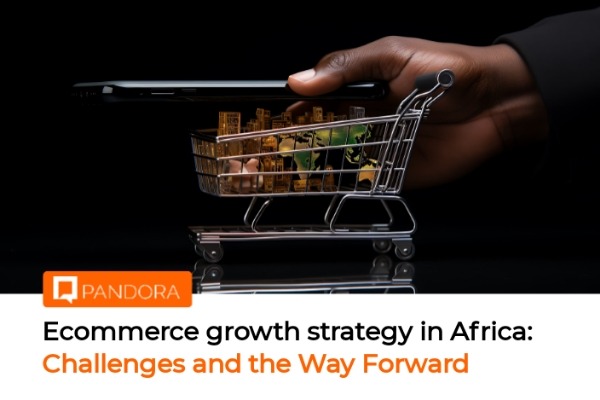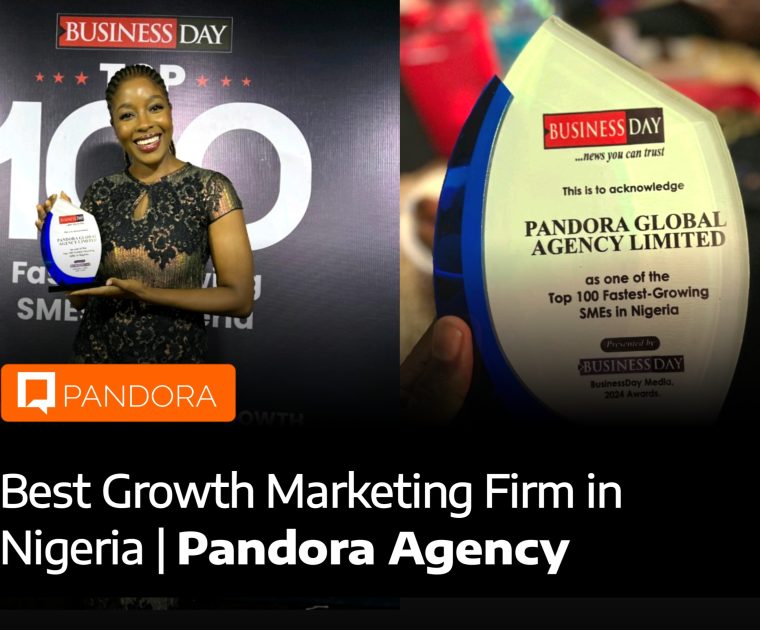Influencer marketing is now in high demand. Statistics show that the global influencer marketing market value stood at 21.1 billion U.S. dollars as of 2023, having more than tripled since 2019.
Influencer marketing allows brands to reach highly targeted audiences through trusted individuals on social media, building credibility and brand awareness by leveraging these people’s influence over their followers. This often results in higher engagement and potentially drives sales more effectively than traditional advertising.
A common misconception about influencer marketing is that it’s mainly used for lifestyle, fashion, and beauty brands. However, many industries can thrive with influencer marketing, and we’re here to show you the ones you didn’t think would make the list! But first, what is influencer marketing?
What is influencer marketing?
Influencer marketing involves businesses partnering or collaborating with individuals with a significant online presence or following to promote their products and services.
The popularity of influencer marketing has increased because of how it has contributed to business growth in various industries. Before engaging an influencer, one basic thing to remember though, is to ensure they have a relationship that has led to trust with their followers.
Without trust, their audience would not patronise any brand the influencers work with. With that said, let’s proceed with today’s topic – what industries are thriving with influencer marketing?
The Industries that are thriving with influencer marketing
Many industries are thriving with the use of influencer marketing. Here are some unexpected ones that made the list: the automotive industry, finance industry, real estate industry, healthcare industry, and education and e-learning.
1. Automotive industry
Brands in the automotive industry have mastered how to team up with influencers for strategic marketing. Lexus, for instance, partnered with Beyonce’s Renaissance tour and invited influencers to the concert in exchange for content.
While you don’t have to partner with Beyoncé, you can go for real automotive influencers and creators who are knowledgeable about the products they promote. Their knowledge helps build brand credibility and helps consumers make their first purchase.
These influencers are automotive enthusiasts and experts; their audience and followers trust their credibility. They have a great understanding of car brands and vehicles, and they can connect with like-minded followers. With the worldwide automotive industry market size expected to reach USD 6,861.45 Billion by 2033, if you’re in this space, it’s probably time to consider using influencers to increase brand awareness and acquire new customers, which can convert into sales.
What to look out for? First, understand your audience and their type of car, and then partner with an influencer that suits your brand and audience. You can also hire the services of a marketing agency to help you through this process.
2. Finance industry
Influencer marketing is one of the most effective digital marketing strategies in finance. Financial influencers use social media platforms to share financial advice, information, and insights. They often cover investing, personal finance, budgeting, and retirement planning. Their goal is usually to educate and influence their audience’s financial decisions.
Humphrey Yang, Ankur Warikoo, Chris Ortega, and Jim Marous are top financial influencers worldwide. But they are not the only ones making an impact out there. There are other influencers making waves in the financial sector in different countries. They can help improve brand visibility, create user-generated content, help your brand reach its target audience, and generate leads.
3. Real estate industry
Real estate is one of the industries that has increasingly adopted influencer marketing as a strategy.
Influencer marketing in the real estate industry involves brands partnering with experts with a significant following on social media platforms, sharing their knowledge and influence to promote real estate services or markets.
Here’s what you can achieve with real estate influencers:
- Create engaging content for the audience.
- Add emotional appeal to the content.
- Broader reach and connection with your target audience.
- Stand out from competitors.
- Build credibility.
4. Health care industry
Many healthcare influencers are helping disseminate health information, and they have built strong relationships and credibility with their followers. Influencer marketing is also booming in this industry, and many healthcare businesses are leveraging it.
Some influencers in this industry are fitness trainers who share wellness tips, educate people on health issues and promote apps and health products to their followers. The healthcare industry is critical; hence, if you want to work with an influencer, ensure they are authentic and transparent. Many influencer followers look up to them for helpful information. Here’s data to back up my point: 44% of people with a health condition value the opinion of a health influencer.
5. Education and e-learning
Influencers can reach and engage with students through the power of content marketing. Education influencers can be teachers or educational enthusiasts with vast knowledge and disseminate information on a topic in their expertise. They usually share information on valuable academic resources, career opportunities, education, and so on, which benefit their audience.
In this digital age, where students source information online and spend time surfing the internet, businesses can leverage the intellectual expertise of influencers to connect with students and learners. This will give them a wider reach and increase engagement.
For example, some e-learning platforms have partnered with education influencers to get more students to enrol or drive engagement just by having the influencer share the brand’s learning solutions. An example is the campaign run by Extramarks to help panicked students, which received 24 million views.
Challenges in influencer marketing
- Finding the right influencer: Before selecting a particular influencer, you must research them. Sometimes, you have to look past the large following on social media. They must be influencers who align with your brand identity, and niche and have authority or credibility in your industry. The influencer’s target audience also needs to align with your industry, which means that the audience must be people interested in your brand.
- Spotting fake followers: With the rise of influencer marketing, its popularity has spread worldwide, accruing $24 billion in worth. More people are becoming influencers, and they resort to buying fake followers. Some brands unaware of this tactic might fall into their traps and pay for partnerships and promotions. In the end, they do not get the return on their investments. So, brands should be careful and do thorough research before hiring an influencer.
- Establishing a relationship with influencers: Without a good relationship with the influencer, creating quality content would not be possible. A good relationship fosters communication, consistency and authenticity, which will result in the success of the influencer marketing campaign. At times, brands see building relationships with them as time-consuming, but this is necessary to foster stronger ties.
- Measuring ROI: Evaluating the return on investment can be challenging. Some Brands find it hard to define the success rate and attribute it to an influencer’s campaign. However, as a brand, setting your key performance indicators beforehand to track the performance of the influencer marketing campaign will help you overcome this challenge.
- Influencer fatigue: With some influencers losing credibility and authenticity, there will be high fatigue, especially due to too much sponsored content. Research shows that about 47% of users are tired of repetitive advertisements on Instagram. Businesses should, therefore, partner with influencers who focus more on quality content and are authentic and transparent.
Conclusion
Many industries are thriving with influencer marketing, and they are not even in the beauty, fashion, or lifestyle industries! With influencer marketing gaining popularity, companies in different industries, such as automotive, healthcare, and e-learning, are increasingly adopting it to promote their brands and achieve their business goals, such as driving sales, brand awareness, and high engagement rates.






Leave a Reply